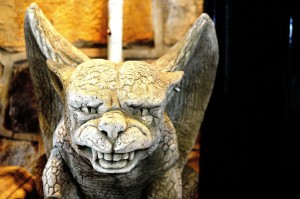
True crime has been a vibrant American genre for decades, and within the past few years, it has given birth to a subgenre. Historical true crime books are up and coming.
Historical True Crime in the Publishing Industry
How do you measure the pulse of a new subgenre? One artery to feel is the publishing industry. Both Kent State University Press and the History Press in South Carolina now feature true crime history series. Sutton Publishing (United Kingdom) does as well. Sutton offers not only an English series, called Sutton True Crime History, but a German one, Historische Kriminalfälle, through its German subsidiary, the Suttonverlag.
If you’d like meet a couple of the authors with those publishing houses, here’s your chance! I previously introduced one of Sutton’s German authors, Corinna Müller, in an interview about a boy who was buried alive. I’ve also blogged about Kent State University Press author Richard Cahill and his book on the Lindbergh kidnapping.
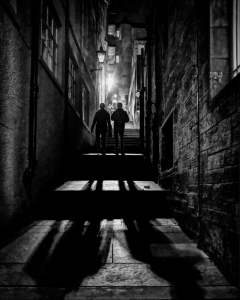
There are a number of independently published historical true crime books, and two series are worthy of mention. Jason Scott Morrow founded Historical Crime Detective, through which he’s published three historical true crime books. I’ve read one of them and found it quite well written.
Richard O. Jones, a seasoned journalist who claims to have found evidence in the archives that one of his ancestors was a murderer, started a delightful series of regional historical true crime short stories called Two Dollar Terrors. Each costs two bucks and details an Ohio crime. Even if you’re not from Ohio, Jones’ stories are worth reading for his exquisite writing.

Historical True Crime Blogs
Blogs are another great place to press your two fingers and feel the genre’s pulse. My blog focuses on historical true crime in both the United States and Germany, with occasional splashes of Civil War stories and Mark Twain’s travel experiences in Germany. There are several other great historical true crime blogs you can check out. One of the most popular is Laura James’ CLEWS, with a draw-your-pistols old Western flavor. Her site has been dormant for several months, but Laura emailed me this week to say she had technical problems and his planning to kick the site back into the playing field.
Jason Scott Morrow also blogs about historical true crime at Historical Crime Detective. A great blog for 19th century murder in the United States is Robert Wilhelm’s Murder by Gaslight. It has a delicious Victorian flair. Wilhelm has also published books on historical true crime, one of which is currently waiting in my “to read” pile. The online Crime Magazine also offers a series on historical crime.
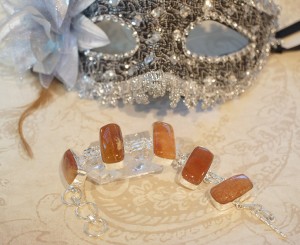
Crime vs. History
So why is the subgenre gaining popularity? Might it be the crossover into the history genre, which picks up additional readers? It’s quite possible that a reader who eschews true crime might read a historical true crime book due to an interest in the particular time period. And for some, true crime might be the fun-to-read packaging for a history lesson.
Another reason might be because the blood has long dried. The genre breathes the dust of the archives more than the scent of gunpowder. Historical true crime offers a softer alternative to the sometimes sensationalist, gory, modern true crime books. Readers might have more emotional distance because of the passage of time, giving them a different reading experience. The appeal of historical true crime might be something more than just emotional shock.
One highlight of any true crime book is sleuthing along with the detective while you’re reading. Historical investigations might be easier to understand than modern investigative techniques. Who can understand two expert witnesses arguing about the validity of the new generation of DNA tests, for instance? Historical, easy-to-follow criminal investigations might shift the book’s appeal to the intellectual puzzle of solving the crime with traditional techniques.
What do you think attracts readers to historical true crime?
Coming up next: my favorite historical true crime stories. Some might surprise you.


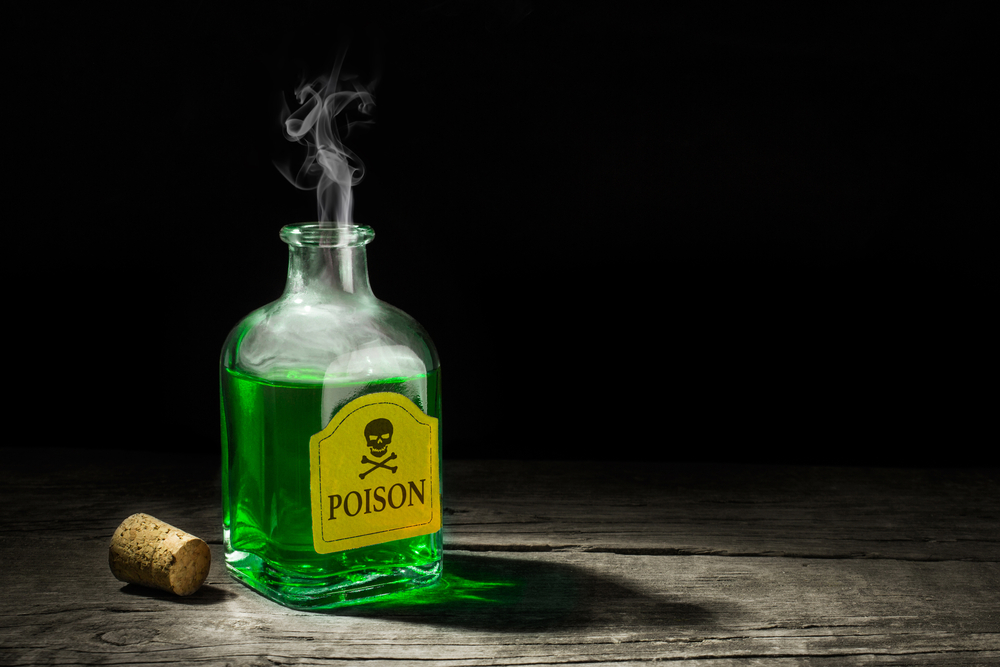
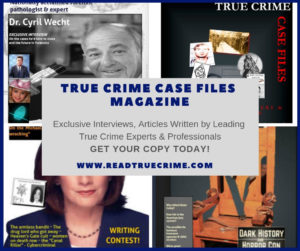
Thanks for educating me, Ann Marie. You’ve introduced me to a whole new sub-genre. But, I realize most of history is about true crime as we pillage and steal from each other. I remember my Greek History in college. It was all about warfare, trickery, and stealing each others valuables from land to jewels to women and children. I look forward to your book. I know it will be well-written and intriguing.
Thanks, Elaine! Sometimes I think history would be more interesting if presented in a true crime format rather than a list of dates and facts. I’m sure there are other ways, but that would be one way to breathe some life into the dust. But often it is the wars that make the history books. I find the history of the common man interesting too.
[…] a subgenre of true crime, historical true crime is gaining popularity. Last week we looked at some of the reasons why. This week we’ll look at some of my favorite historical true […]